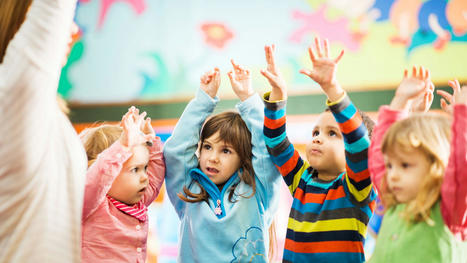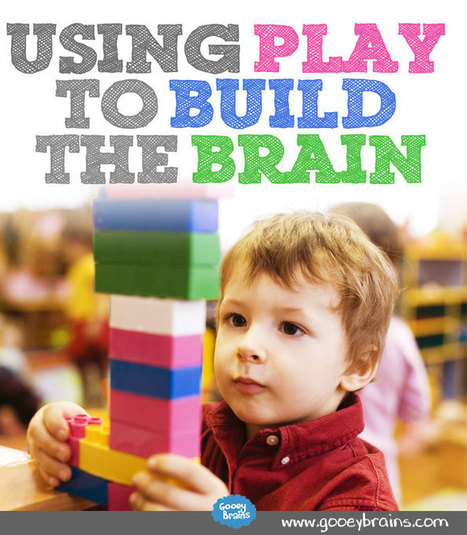The human brain is constantly changing with every experience and interaction. Although experience-responsive brain growth occurs throughout our lives, and the brain’s most rapid growth occurs during gestation, there’s an intense second period of accelerated growth between ages 2 and 5. The brain responds particularly robustly to learning experiences, environmental influences, and emotional interactions during these childhood years. This is where preschool teachers come in.
These structural changes, reflected in children’s accelerating understanding skills, and in their cognitive, social, and emotional maturation, are the result of neuroplasticity, which is the activation of a group of neurons connected in a memory circuit that makes the connections stronger. That is the amazing process of learning. Neuroplasticity generates these changes in neural networks in response to knowledge and experience, enhanced by each new and repeated activation of the network.
Research and publish the best content.
Get Started for FREE
Sign up with Facebook Sign up with X
I don't have a Facebook or a X account
Already have an account: Login
Professional learning in a glance (or two)!
Curated by
John Evans
 Your new post is loading... Your new post is loading...
 Your new post is loading... Your new post is loading...
|
|











